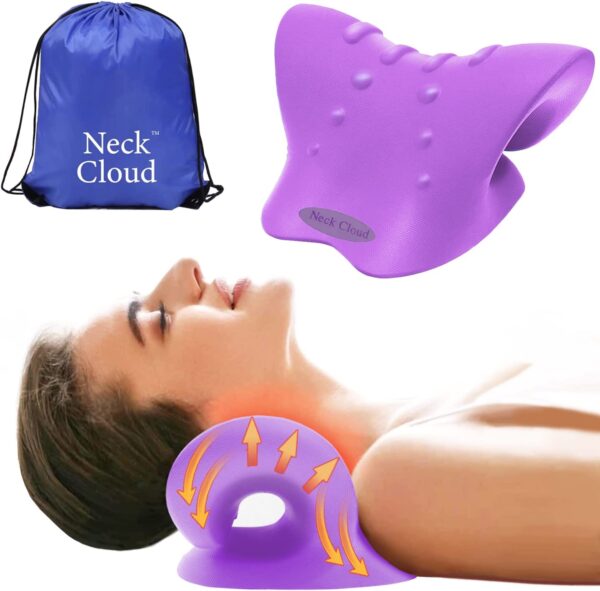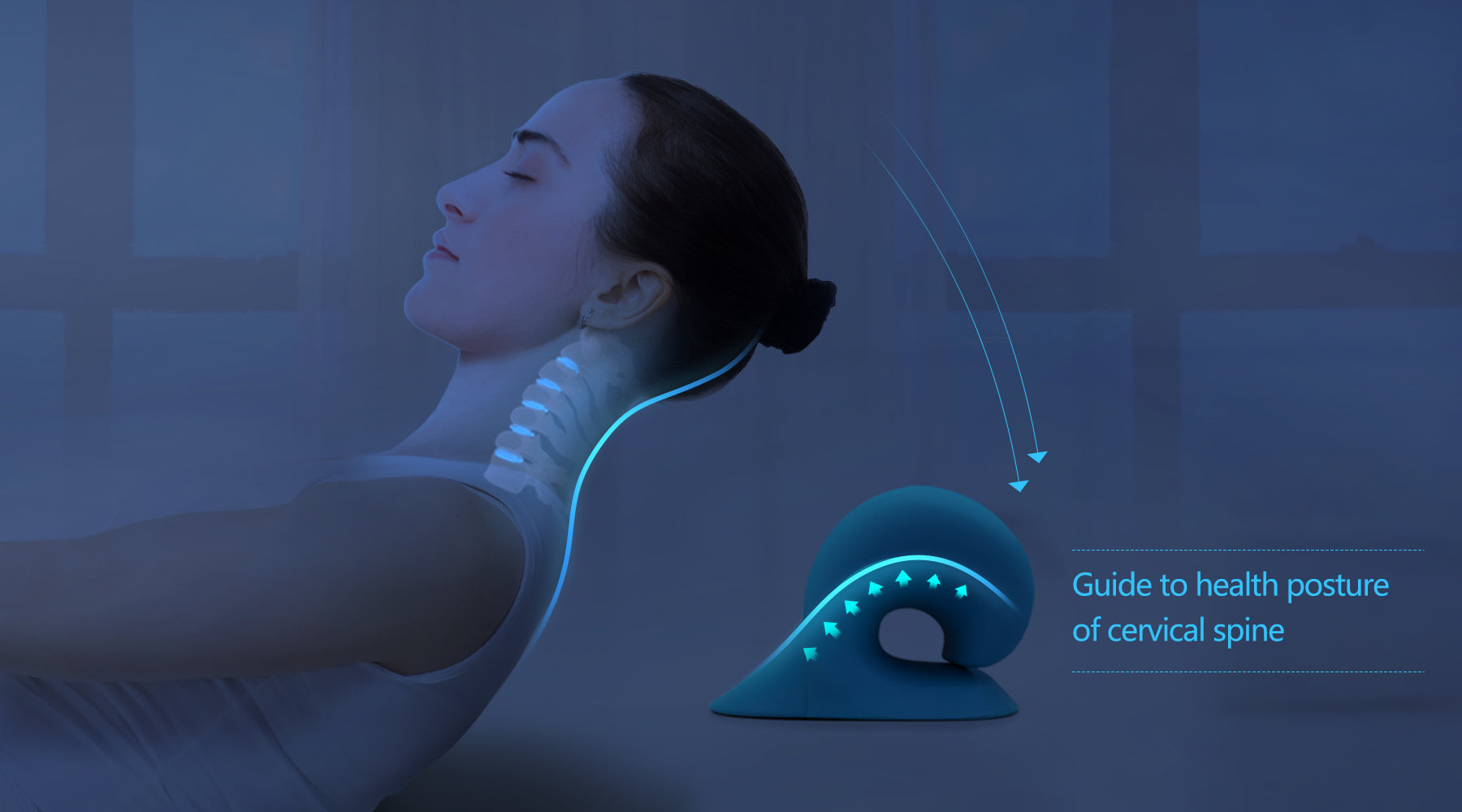Neck Cloud Evaluation: A Revolutionary Device for Neck and Spinal Column Wellness
Neck Cloud Evaluation: A Revolutionary Device for Neck and Spinal Column Wellness
Blog Article
The Effect of Stress And Anxiety on Neck Discomfort: Techniques for Minimizing Tension and Pain
In today's busy globe, it's no trick that tension has come to be a prevalent element in the start and worsening of neck discomfort. Join us on a trip to untangle the impact of stress and anxiety on neck discomfort and find effective methods to ease discomfort and enhance general high quality of life.
Understanding Stress-Related Neck Discomfort
Neck discomfort is a typical issue that can typically be attributed to tension. Stress-related neck pain can manifest as stress, tightness, or discomfort in the neck and shoulder location. The connection between tension and neck pain exists in the body's physiological reaction to tension, which can result in muscle mass stress and tightness in the neck muscular tissues. Chronic tension can result in relentless neck pain and intensify existing conditions like cervical spondylosis or muscular tissue stress.

Identifying Common Tension Areas
One usual stress location is the neck, where stress and anxiety usually manifests physically. Stress migraines, rigid neck muscle mass, and restricted array of activity are typical signs of stress-related neck tension. Being mindful of these typical tension areas can aid people recognize the physical signs of stress and take actions to resolve them before they rise into persistent pain or discomfort.
Carrying Out Leisure Methods
To properly take care of stress-related stress in the body, implementing leisure methods is critical. Relaxation strategies are important tools for reducing neck pain triggered by tension. Deep breathing exercises can assist relax the mind and unwind tense muscles in the neck and shoulders (neck cloud). Exercising mindfulness meditation can additionally be beneficial in relieving tension and promoting leisure. Progressive muscular tissue relaxation, where you methodically tense and after that relax different muscular tissue teams, can release built-up stress in the neck location. Additionally, tasks like yoga exercise and tai chi integrate both physical activity and relaxation, making them efficient methods for reducing stress and neck discomfort. Taking regular breaks throughout the day to stretch and loosen up can protect against muscular tissue tightness and stress from building up. By including these leisure techniques into your daily routine, you can aid handle stress levels, lower stress in the neck, and minimize pain connected with stress-induced neck pain.
Including Self-Care Practices
Incorporating self-care practices is necessary This Site for maintaining general well-being and managing stress-related neck discomfort efficiently. Engaging in normal exercise, such as mild extending workouts or yoga, can aid alleviate tension in the neck and shoulders. Practicing great position throughout the day and taking constant breaks from extended sitting or display time can likewise stop strain on the neck muscles.
Moreover, prioritizing ample sleep and establishing a regular rest routine can add considerably to reducing tension degrees and promoting relaxation. Creating a calming bedtime regimen, such as reviewing a book or taking a cozy bath, can aid prepare the mind and body for relaxed rest. Additionally, keeping a well balanced diet rich in nutrients and remaining hydrated why not try this out can support general wellness and reduce inflammation that might intensify neck discomfort.
Including mindfulness methods, such as deep breathing exercises or reflection, can assist handle stress and anxiety and promote leisure. Requiring time for oneself, participating in leisure activities, and establishing borders to secure personal time are likewise vital facets of self-care that can add to decreasing tension and relieving neck pain.
Seeking Specialist Assistance
How can people successfully resolve consistent neck discomfort that is affecting their day-to-day live and well-being? Looking for professional assistance can be an important action in handling and relieving neck pain. Consulting with medical care professionals such as chiropractics physician, physical therapists, or orthopedic specialists can provide useful insights and individualized treatment plans. These specialists can perform webpage detailed evaluations to diagnose the underlying reasons for neck pain and recommend proper interventions.
Chiropractic practitioners concentrate on spinal control techniques to improve placement and decrease tension in the neck area. Physical therapists provide targeted exercises and stretches to strengthen muscular tissues, enhance adaptability, and enhance total neck function. Orthopedic professionals can give advanced clinical treatments such as shots or medical options for serious situations of neck pain.
Verdict

Stress-related neck pain can manifest as tension, tightness, or pain in the neck and shoulder location. The link in between anxiety and neck discomfort lies in the body's physiological reaction to tension, which can result in muscle tension and tightness in the neck muscle mass. Stress headaches, stiff neck muscle mass, and limited range of movement are typical symptoms of stress-related neck tension. By incorporating these leisure techniques right into your everyday regimen, you can help handle tension degrees, lower tension in the neck, and minimize pain linked with stress-induced neck pain.

Report this page